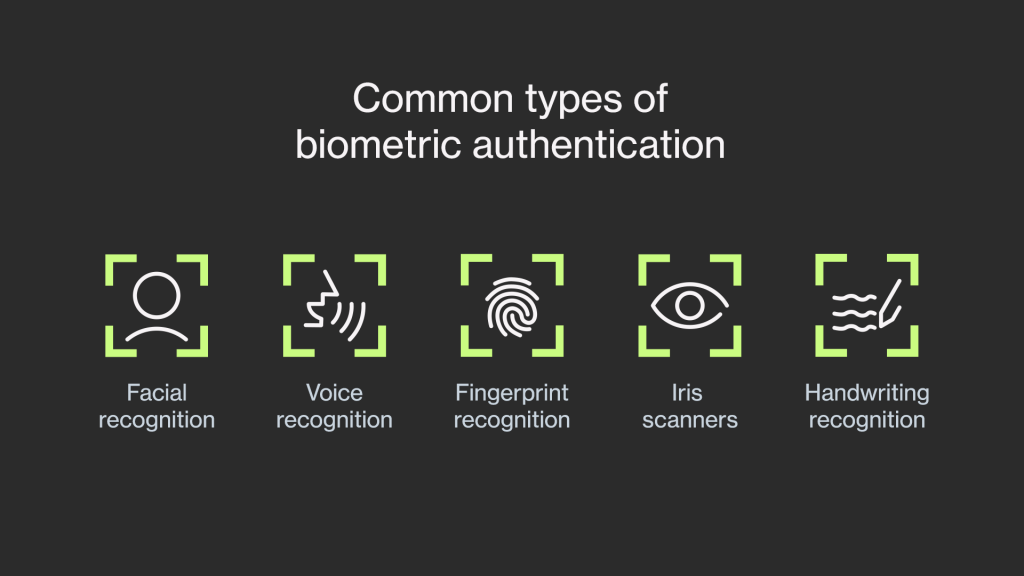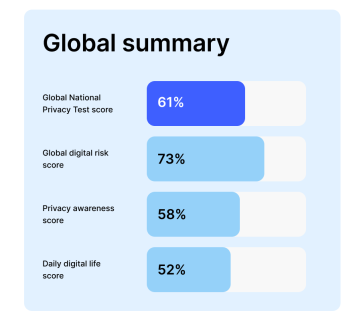The courts have directed that the roll out of thin SIM technology be suspended, following an application by Kituo Cha Sheria at the High Court challenging the move by the Communications Authority of Kenya (CA) to give Equity Bank the go ahead to pilot the project for a one year period.
High Court judge George Otunga stopped the roll out process temporarily saying that the primary SIMs of millions of people in the country are at a risk of being compromised in a way that cannot be repaired.
When Equity Bank announced its intention to introduce the thin SIM service to its customers, the move was faced with various reactions and corporates like Safaricom challenged the move saying it would lead to data loss for Kenyans, as thin SIM seeks to overlay the primary regular SIMs.
The CA, however, gave the bank authority to go ahead with the service roll out through Finserve Africa Ltd, a subsidiary of the Kenyan Bank through a one-year period pilot programme after which the success or failure of the program would determine the future for the thin SIM technology.
Kituo Cha Sheria then went to court to challenge the move by CA to authorize the process, saying the regulator was at fault for giving permission to a project that threatens data loss, such as the subscribers personal identification number (PIN) on primary SIMs for Kenyans, without having done a full audit on the matter to determine if it was secure enough to be rolled out.
The non-governmental organization ,offering legal representation on behalf of marginalized Kenyans, argued that the action by CA is against the Kenya Communication Act and Consumer Protection Regulation of 2010, making the decision to quickly permit the service illegal.
As the process is temporarily suspended, the Kenya regulator is not the only one on-board the Equity thin SIM project bus, as the Ministry of Information and Communications Technology is the other passenger consoling the CA on the bumpy road.
Speaking a few months ago, the Minister for ICT said that the ministry was in full support of the directive by the CA to authorize roll out despite the ongoing worries about the vulnerability of the privacy of users.
By end of October, the bank announced that it had registered at least 200,000 potential customers for the pilot program ahead of the official launch.





